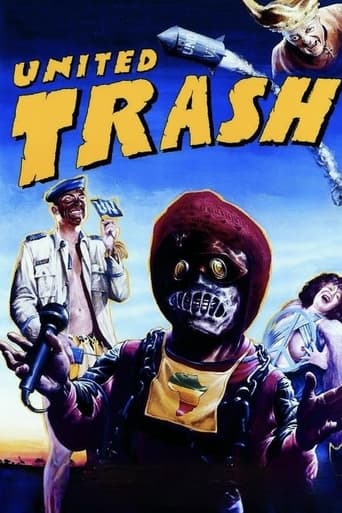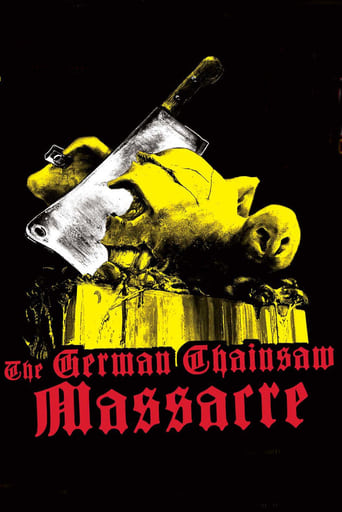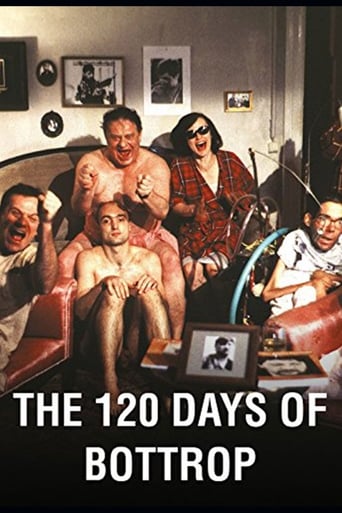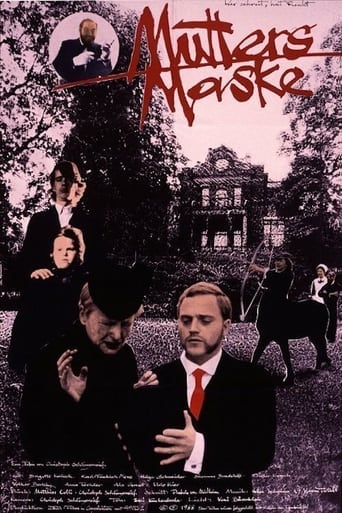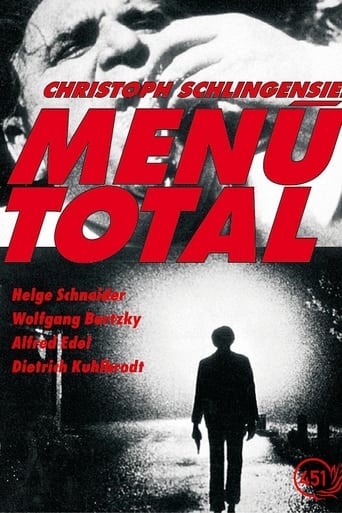United Trash 1996
In Africa - Land of the ever shining sun, German soldiers fulfill a UN mission. For homosexual General Brenner its a dream comes true: Here, where the people are still native and simple, the German can prove his abilities. But then the virgin wife of Brenner gives birth to her first child. Is it the new Messiah? But what is a Messiah good for, if the UN is already there?
